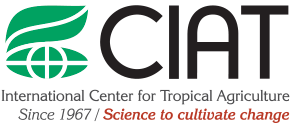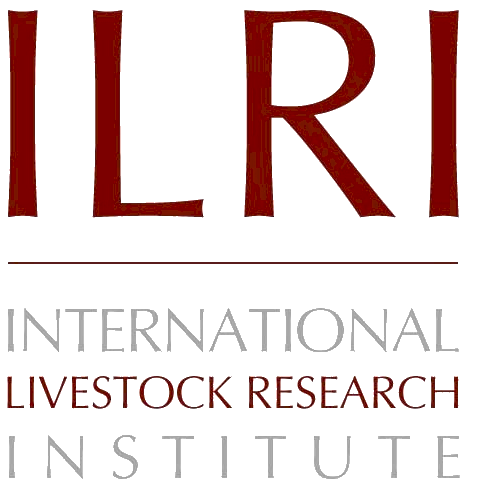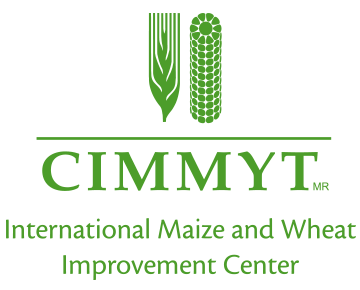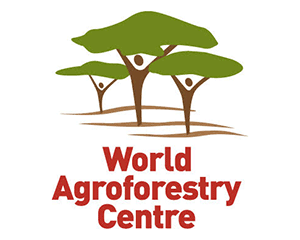Agriculture is a global contributor to greenhouse gas emissions, causing climate change. Soil organic carbon (SOC) sequestration is seen as a pathway to climate change mitigation. But, long-term data on the actual contribution of tropical soils to SOC sequestration are largely absent. To contribute to filling this knowledge gap, we measured SOC in the top 15 cm over 12 years in two agronomic long-term trials in Western Kenya. These trials include various levels – from absence to full adoption – of two widely promoted sustainable agricultural management practices: Integrated Soil Fertility Management (ISFM; i.e. improved varieties, mineral fertilizer and organic matter/manure incorporation) and Conservation Agriculture (CA; improved varieties, mineral fertilizer, zero-tillage and crop residues retention). None of the tested ISFM and CA treatments turned out successful in sequestering SOC long-term. Instead, SOC decreased significantly over time in the vast majority of treatments. Expressed as annual averages, losses ranged between 0.11 and 0.37 t C ha−1 yr−1 in the CA long-term trial and 0.21 and 0.96 t C ha−1 yr−1 in the ISFM long-term trial. Long-term application of mineral N and P fertilizer did not mitigate SOC losses in both trials. Adopting zero-tillage and residue retention alone (as part of CA) could avoid SOC losses of on average 0.13 t C ha−1 yr−1, while this was 0.26 t C ha−1 yr−1 in response to mere inclusion of manure as part of ISFM. However, cross-site comparison disclosed that initial SOC levels of the two trials were different, probably as a result of varying land use history. Such initial soil status was responsible for the bulk of the SOC losses and less so the various tested agronomic management practices. This means, while ISFM and CA in the humid tropical agro-ecosystem of Western Kenya contribute to climate change mitigation by reducing SOC losses, they do not help offsetting anthropogenic greenhouse gas emissions elsewhere.
December 6, 2017








